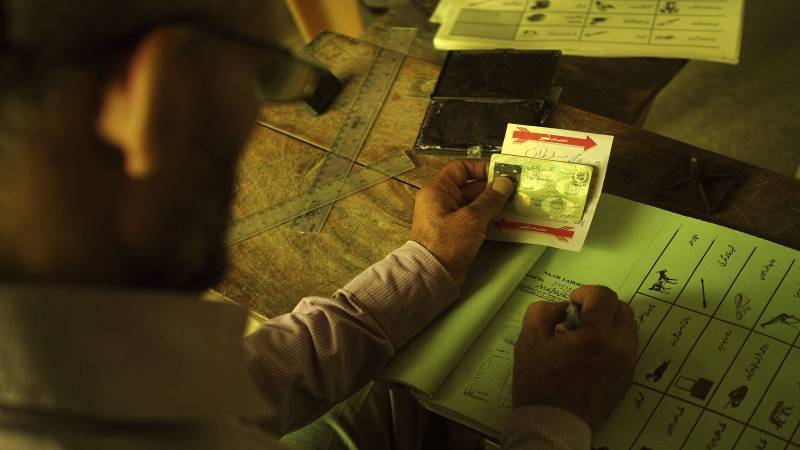
Politicians have long engaged in marketing themselves by employing distinct speaking styles to signal social standing, competence, or a shared background with their audience. What effect does this use of different language appeals have on voter opinion? According to a survey experiment in Pakistan, language has a huge impact on the way political processes move forward. Politicians have been long engaged in publicising themselves by employing discrete speaking styles to signal social standing, competence, or a shared background with their audience.
In today’s globalised era, words hold immense importance in politics, especially given the abundance of false information readily available to the general population online. As a result, politicians and political groups place great emphasis on language usage and carefully craft their messages to ensure effective communication.
From policy debates in legislative organs to advertising their election campaigns, they wisely choose their words to discuss and emphasise certain in order to influence the opinions of the masses.
Essentially, when people form impressions about others, words often seem to affect them more than the observed outward appearance and their nonverbal behavior. On a more sophisticated level, language can be used to influence public mood, which in turn can affect policy decisions.
Nowhere is this linguistic power more effectively harnessed than in communication between governments and citizens. Fundamentally, politicians must communicate clearly and choose their words wisely to ensure citizens adhere to laws and social norms.
It must be noted, however, that some politicians may consider themselves as educators or mentors and may believe that they are expressing the purest truth, that they are emphasising or distorting certain aspects of the truth only to make a valid message more persuasive, or that the courses of action that they recommend are in fact the best actions that the reactor could take. By the same token, the reactor who regards the politician’s message as self-evident truth may think of it as educational; this often seems to be the case with “true believers”—rigid reactors to rigid religious, social, or political propaganda.
The oratory of great political leaders has been also subjected to particular analysis by psychologists. For instance, research suggests that most of the politicians act as entrepreneurs of identity such that their speeches serve to cultivate a sense of ‘us’ that is shared with potential followers
The way politicians use language to manipulate the people was traditionally through live or televised discourse. However, today we also have the social media which is a significant way to use words to influence people. Moreover, they also use language to create slogans – “think MAGA (Make America Great Again)” or “Imported Government” that can influence and mobilise the people and become a kind of war cry or chant.
It is safe to say that political discourse operates subjectively and depends upon its context. This suggests that every single word being used either implicitly or explicitly articulates some political view point. It could even be as subtle as an accent, or how people are addressed. Political discourse is always aimed at interaction, including interruption, debate, and negotiation.
Notably, the oratory of great political leaders has been also subjected to particular analysis by psychologists. For instance, research suggests that most of the politicians act as entrepreneurs of identity such that their speeches serve to cultivate a sense of ‘us’ that is shared with potential followers.
In these terms, leaders are perceived to be superior beings who succeed because they are different to, and better than, other more ordinary people. However, more recent research has shifted focus away from the leader as a great ‘I’ by stressing the importance of followers and the group as a whole to the leadership process. This provides greater emphasis on the ‘we’ of leadership, and is exemplified by work examining the role that a sense of shared group membership plays in allowing leaders and followers to influence each other.
Given the importance of usage of words by politicians, and the state of slight turmoil we find ourselves in today reminds us all to be aware and remain critical about the language used next time we watch a politician give a speech and should try to read between the lines to understand what is really being said.

